Counterpoint
Trilliant Health | December 20, 2022Trilliant Health CEO, Hal Andrews, on "Meet the Past" - LHC Board Series
Trilliant Health CEO, Hal Andrews, joins Molly Vice on "Meet the Past" - a LHC Board Series. See below for the full conversation.
Molly Vice: Good morning. I'm Molly Vice, President of Member Engagement and Programming at the Nashville Healthcare Council, and welcome to our Meet the Past LHC Board series. This year, LHC has celebrated 20 years of convening Nashville's emerging leaders. Throughout this year, we've taken the opportunity to hear from past leaders and continue to deliver on our core values of providing educational content.
LHC is a space for you to collaborate with like-minded healthcare professionals and develop lasting relationships to carry with you throughout your career. A big thank you to our 20th-anniversary sponsors, Belmont University, J. C. Massey Graduate School of Business, HCA Healthcare, Lipscomb University, Pfeffer Graduate School of Business, Oracle/Cerner, Surgery Partners, and Team Health. We'll be taking questions for conversation and discussion via the chat function for today's program, and I encourage you to ask your questions early. And now it is an absolute honor to introduce one of our past LHC Board members, Hal Andrews, CEO of Trilliant Health.
Hal Andrews: Thanks, Molly. I'm glad to be here.
Molly Vice: We're glad to have you, Hal, we're just going to go ahead and, and jump right in. You are one of the originals, born and raised here in Nashville, Tennessee. You graduated from Southern Methodist University and received your law degree from the University of Tennessee.
An attorney turned CEO, if you will, how your career started when Nashville started emerging into the healthcare scene. Will you share your career journey and how you entered the healthcare industry along with the steps you took navigating your way to CEO of trilliant health?
Hal Andrews: Sure. I wouldn't recommend my journey to anyone.
Because I was born and raised here, I planned to be in the music business. The way that I talked, my way into a job at Waller Lansden was that I had worked on a pro wrestling circuit when I was in college and I was the only attorney, the only law school student that Waller interviewed that year who had worked with Ric Flair.
I sort of stood out from the other people on the interview list. When I got to Waller, I said I'm going to be a music business attorney and they said, that's great; you can do that at night and during the day you'll buy hospitals for HCA and HealthTrust. So, I did that for four years.
I found a guy who none of you have ever heard of named Deryl Dodd, who got a record deal, fired me, and hired Garth Brooks' attorney. As it happened, I was invited to go to lunch with Carl George, who was the vice president of development at HCA at the time, and we went over to what used to be Houston's and is now Bricktops.
He said, have you ever thought about being on the business side of healthcare? I said, no, I've never thought about that at all, and he said, well, you should think about it. A year later Joe Sowell, who's now the Chief Development Officer at HCA left Waller and went to a startup, started by Hud Connery, who had been at HealthTrust, and I jumped into the services side of the business.
I did venture-backed services businesses until 2007, and then I had the opportunity to become the CEO of a little analytics company that we ended up selling to Press Ganey. I've been doing that ever since for the past 16 years.
Molly Vice: That's fantastic. This may be the first time where we have had wrestling crossed over into healthcare. There's a first for everything.
Hal Andrews: Y'all are all now, you know, two degrees from Rick Flair, congratulations.
Molly Vice: That's right. A lot going on there.
Hal, will you share with us any lessons learned throughout your career?
Hal Andrews: Well, I think the first one goes back to this organization, which is mentorship.
In working at Waller, they let me work with people who I probably wasn't qualified to work with. When I was 26 years old, I got to work with Joel Gordon and Ken Melkus. I got to work with Tarp Jones who ended up at HealthSouth, with Hud Connery, Carl George, Charlie Martin, with Milton Johnson.
I didn't understand when I was 26 or 27 years old, what that meant. That, that they trusted me with that. The people who helped me understand what it took to do that were people like George Bishop and Chase Cole and Joe Sowell and Reggie Hill and Bill Carpenter. In hindsight, I was fortunate to have great mentors.
At the same time, we realized that we probably needed peer mentorship and one of the early things we did 20 years ago has really blossomed and that's probably the part that I'm proudest of, from the early days. Once you take that into account, I think my key takeaways are in early-stage companies, it always takes longer and it always takes more money.
The thing that people underestimate, when they say they want to be a CEO is, nobody ever tells them that being the CEO is really lonely. There are a lot of things that happen that you can't tell anybody. Sometimes you're scared to tell people that because you're scared of what they'll think of you.
There are things that you don't tell people because you're scared that they quit and, and go do something else and you're scared because you haven't done it yourself. For any of you who want to be a CEO, the sooner you learn that, the better. Because there'll be some days where it's just you.
I think the last thing, and probably the most important thing is that leading a team and managing a team are two very different things. I had to learn that lesson the hard way. Fortunately, I've gotten better at leading I don't confuse the difference between leading and managing.
Molly Vice: If you had to break down leading and managing just really quick brass tacks, what is the biggest difference or the biggest lesson learned for you in leading versus managing? How do you differentiate the two?
Hal Andrews: Well, I mean, managing is mastering the detail.
You think about the role of project management, right? Managing a department is project management at scale. The analogy I use with the team all the time is like being a jockey, you're riding the horse, you're whipping the horse, and you're right there on the journey. Whereas leading is more about setting the vision, establishing the culture, and making sure that you're leading in terms of an example of who we want to be, what we're trying to do while we're trying to do it as opposed to doing the work itself or just, you know, being in people's faces about where they are on the journey.
Molly Vice: Great, thank you for that. Sticking with that CEOs spot, you've been CEO of Trilliant Health since its founding in June 2017, and your mission is to combine healthcare industry expertise, market research, and predictive analytics to redefine how the healthcare industry thinks, develops evidence-based strategies, improve clinical pathways, and maximizes return on invested capital. Will you break that down for us?
Hal Andrews: Sure. I think the origin was from our experience and the team's been doing this together since 2007, and what we've learned along the way is that there's a lot of benchmarking in healthcare. There's a lot of aggregating data about the past and talking about it in monthly operating reviews and talking about the fact that you can't compare the data to each other because it's from different sources and it's incomplete and agreeing that we should do better and, and talk about it next month.
Then next month is a repeat of the last month and we saw an opportunity to use data at the local level to make predictions about what was going to happen. If you think about HCA, they've told Wall Street that they'll invest almost 4 billion in capital next year and HCA could probably make great investments with 10 billion of capital, but they don't have 10 billion of capital, they have 4. How HCA makes those investments, comparing Denver to Richmond, to Houston to San Jose is something that HCA does a great job at. They've been doing it for a long time, but there are things that with computing power, you can now do that humans just can't do. They can't do it at all, and they certainly can't do it with the speed.
We think that as you think about the future of healthcare if you look at the way healthcare works today, the commercially-insured patient is the lifeblood of the whole system. Everybody in Nashville is looking for a commercially-insured patient, even including patients who are commercially insured under a Medicaid, Medicaid-managed care plan.
Because there are a shrinking number of those people, decision-making is more important there. There's a higher cost to making a bad decision, and we believe that you can make better decisions using the data to understand the local market level. Even when you have an abundance of good choices.
Data will tell you whether HCA should do something in Austin or in Jacksonville, and there are subtleties in the data and there are subtleties in the modeling of the data that change the answer. Our approach is to make that available at people's fingertips.
Molly Vice: Great. Thank you so much for that.
You have your company and your mission and through our previous talking and our prep call, you have built a team with exceptional expertise. Will you share with us your strategy for building out your leadership team?
Hal Andrews: Well, I think the general thing is the old axiom of hire smart people and get out of the way.
That sort of goes back to leading versus managing. The first time I was a CEO, I spent way too much time managing and monitoring and frankly, driving the team crazy. After 15 years I've learned that I can't do all the work and, the things we're doing today, I don't even understand, the depths of what we're doing. The trick is to hire people who understand and then get out of their way. We have at this point, about 50 engineers. They all know things that I don't know, some of them are speaking English, I know they speak English because I recognize the words. I just don't know what they mean in the sequence that they use them.
My job is to set the vision for what we could do, for what I think healthcare needs. To help them think about the use cases of products they build and then let them build them. I don't do any good asking them when it's going to be done or asking them to do it faster. My job is to make sure they understand where we're going and then give them the resources to do that.
The other part that's unique to us is our culture and our culture is very different from almost every organization. Some people love our culture and there are a whole bunch of people who are uncomfortable in our culture. They're uncomfortable with the transparency.
The people who like it keep coming back. I said we started together in 2007, there are a couple of people who are with us today who started in 2007. Over the past 15 years, we've picked up people along the way, and at this point, they're probably 50 people on the team who've worked together at least twice, and a handful of us who've done this four and five times.
Molly Vice: That's great. You've built your team, you have exceptional leaders, and with your team, Trilliant Health recently released the second annual Trends Shaping the Health economy with more than 110 data-driven analyses. As part of this report, predicting the future of the 4.1 trillion healthcare economy. Through this report, Hal, is there a prediction in the report that most surprised you?
Hal Andrews: Well, I think the thing that is most shocking for everybody in Nashville is an analysis from the Congressional Budget Office that came out in late September that suggests that the only way to bend the cost curve is to cap commercial reimbursement and the reason it's meaningful is that it's from the CBO and the CBO scores things for Congress around the budget. The report says that price transparency, which has been around for 15 or 20 years now, hasn't done anything to change the cost curve, and this analysis suggests that it can't.
The analysis also suggests that even though the FTC and DOJ are increasingly focused on competition and preventing mergers and acquisitions, that it really doesn't bend the cost curve either, and that the only meaningful way is to limit what providers get paid on commercial. That's obvious for an HCA or a LifePoint or a CHS, but there's a trickle-down effect for everybody else, for pharmaceutical manufacturers, for medical device companies, for everybody else.
If, if there's a cap on, say, a hip replacement that cap flows through to everybody who's involved in delivering that hip replacement. That's the most radical thing I think I've ever seen in 30 years, and certainly, it's the most radical thing I've seen this year.
Molly Vice: That's great. Thank you for sharing that and your reports out and I know you're getting ready to go on a roadshow talking about the report and the findings, we look forward to hearing and seeing more coming out about that. Looking forward, kind of shifting a little bit here, what do you see as major changes coming to the healthcare industry and where do you see opportunities for healthcare growth and innovation?
Hal Andrews: Well, one of the things that our report calls out is the number of new entrants to the field and we're not changing the underlying supply of physicians and nurses, but there are a lot of other people trying to aggregate physicians and nurses. The most obvious examples are Amazon and Walmart and United. United, last week, I guess, two weeks ago, released their forecast for 2023 and in it they noted that they have relationships either employed or affiliated relationships with 70,000 physicians which is more than 10% of the practicing physicians in the country. Amazon with one medical is entering primary care in the urban markets. Walmart is entering primary care in the rural markets, and Walmart is also partnering with United.
It's pretty easy to see how Walmart could put its brand around a United insurance product and sell that to the 150 million people who walk through the doors of a Walmart every week. I think the challenge for traditional healthcare providers, certainly, the companies in Nashville is the disruption to the traditional primary care, to specialists, to facility relationships.
I think a larger problem from a policy standpoint, is that if everybody's trying to coordinate care, then by definition, nobody is coordinating care. I think the disruption from those three is the biggest challenge. If you're in a rural market, you probably don't need to worry a lot about Amazon.
If you're in an urban market, you probably don't need to worry a lot about Walmart. What I see is a lot of people who are too dismissive too quickly of those organizations. Last year, HCA had distinct touches with about 4 million patients and United had distinct touches with about a hundred million patients, and there are about 160 million people, I think with an Amazon Prime relationship. It's not a fair fight for, even for HCA, and certainly not for a surgery center or a physician group. Understanding how to engage with people when you're going up against people with deeply entrenched relationships with those consumers is a big challenge.
Molly Vice: Great, thank you. We're going to switch gears a little bit and talk about career leadership and Leadership Healthcare. As one of our founding board members, Leadership Healthcare members are top performers in their companies, looking for ways to grow and move forward in both their careers and the healthcare industry.
When you are hiring or promoting a leader or deciding to work with an outside client, what are those professional and personal characteristics you're looking for in a candidate?
Hal Andrews: All the normal things, a work ethic, curiosity, more than maybe other people are. What I tell the team routinely is however long they're here, they're building their personal brand.
I tell the team routinely, I know that none of you are going to work the rest of your lives here. I know you're going to go somewhere else, and when you go somewhere else, I want people to look at you and say, wow, that person's really talented. We talk a lot about being an expert, whatever it is that you do, whatever your role - be an expert. Beyond that, if you're going to be in healthcare, you need to have some general understanding of what happens in Washington, which is why we did the first delegation to D.C. I know there was the 20th annual recently and my buddy Paul Keckley, I think was one of the keynotes.
The whole idea to go to Washington was to give people in Nashville some understanding of how the world works. The test that I have for somebody is whether I would leave you alone in the room with Bill Rutherford or Sam Hazen and if I was worried that if I left the room for five minutes you'd mess it up, then you're not there yet.
If I know walking in that I can leave you there and I can go away for five or 10 minutes and I don't have to worry about cleaning up the mess when I come back in, well then you're, you're probably there. We give people a lot more responsibility a lot earlier - I learned that at Waller. Again, George and Reggie and Chase and Joe and Bill gave me a lot more responsibility than I should have had. Apparently, I didn't mess up too badly too many times because they let me keep doing it. You know if I were 25 or 30 now I would be trying to find a mentor who is going to let me fail, right?
Not fatally, but let me make mistakes. Let me learn from my mistakes. Give me a little more than we can do and I think that is the thing that accelerates your career more than anything.
Molly Vice: Thank you for sharing that and I am sure everyone on the call today gleaned something from that. Reflecting on your career, how have you built confidence and resiliency?
Hal Andrews: Well, mostly that's a mindset and one of the best things about my career is that I was involved in some real failures early. If you look back at the history of Arcon, there was a Friday in October of 98' where I was told, you know, don't come back on Monday because the locks on the door will change over the weekend.
I'd been married a year, had a kid, and thought, well, I have to go get a job and I went to Infact, and that was another thing that didn't ever get off the ground. I'd been a part of two huge failures by the time I was 32 and I learned I just have to get off the mat.
The quote that I think about a lot is, is, Teddy Roosevelt's man in the arena, and it's the mindset that I'm going to get up and I'm going to try again. In this town, if you fail a couple of times, that can chase you for the rest of your career unless you get up and if you get up and you keep going and then you eventually have a little success, then people may not understand you, but they'll respect you. For me, it's just having the mindset that I'm going to try again and I'm going to go for it. Eventually those things even out, you don't usually lose every time.
Molly Vice: I think you're a perfect success story of that. We have a few more questions. If anyone on the call has questions for Hal, be sure to put those in the chat function and we'll get to those in just a minute. Hal, as we begin to wrap up here, what is the best piece of advice you would share with this group to help challenge them as leaders or help them and or help them navigate the healthcare industry?
Hal Andrews: Connecting some dots, pursue the thing that you love enough to become an expert in, and don't chase the money. You can always chase the money. You can always make more money. If you're totally motivated by money, fine, that's fine. Go make the most money. But if that's not your motivation, go do something you love. If you become really great at doing the thing you love, somebody will pay you a lot of money for it, because it'll become valuable at me point.
Molly Vice: Great. Perfect. Thank you for that. We have a few questions coming in: there's a lot of change taking place right now. Do you have any advice for change management when leading an organization?
Hal Andrews: We talk a lot about that change is coming. I recently wrote a post called The Four Horsemen of the Healthcare Apocalypse, and I said that they were Amazon, Walmart, United in the status quo.
This town has a long history with the status quo, and things are going to change because things have to change because the amount of money this country spends on healthcare is not sustainable. The first thing is know that change is coming and then embrace it and figure out how to be part of the change.
It's not clear what's going to win or lose at this point. It is clear that doing things the same way over and over again is not going to work. Part of being an expert is to figure out the flaws in your strategy and start to address those and start to think about competition because ultimately this is a game, it's a competitive game. The mentors I had are some of the most competitive people around, the National Business Journal for the past two weeks has been talking about Dr. Fritz Jr. and his competitive streak, which is legendary. If you don't understand that, you're competing then first start there, go know that this is a competition and that the people who win will change.
If you look at Amazon and Walmart and United, they change all the time, Amazon shutters, entire divisions, because they figure out, well, that's not working. We need to try something else. This town could benefit from a lot more of that mentality.
Molly Vice: Great, thank you. If you could look back to your first CEO position, knowing what you know now, what advice would you give yourself?
Hal Andrews: Don't ride the team so hard. I was way too hard on the team. I pushed them way too hard. I asked them to do too much and then I rode them into the ground. Back to the managing versus leading, I was doing a lot of managing and not a lot of leading and it would be to hire people to do what you think needs to be done and then leave them alone.
Molly Vice: All right, well, we will head into some rapid-fire questions. Hal Andrews, what is your favorite LHC memory or event?
Hal Andrews: The first delegation, Chip Khan was a speaker. Someone who was there who I won't name thought was going to come to fist-to-cuffs with Chip Khan and those of us who were there are still laughing about it today.
Molly Vice: Maybe one day we'll hear this sad story there. If you weren't CEO at Trilliant Health, what would you be doing?
Hal Andrews: Well, I wanted to be in the music business, and if I could be in the music business, I would work with Max Martin. I would love to be an apprentice to Max Martin, who is a producer for The Weekend and Maroon5, and Justin Timberlake and Katy Perry, maybe the greatest record producer in the history of the industry. It'd be fun just to be his apprentice for two years.
Molly Vice: Fantastic. Are you binging any books or podcasts or shows?
Hal Andrews: You know, I thought about this one more after our call last week, and I wanted to frame this in terms of the pandemic.
We have 75 people under 40 on the payroll. I'm an old man and I have to manage millennials all day, every day. The past three years have been really hard and I thought back about, the message that I've tried to give them since March of 2020 in the midst of a contagion and a financial crisis, and a social crisis in this country, and the consistent message to them is to, is to focus on their physical health and their emotional health and their spiritual health. Right. One of the things that we talk about a lot here that I know doesn't happen in other organizations is I talk openly with the team about the fact that emotional health and mental health issues are a real thing. It probably affects one in three Americans in some way and we shouldn't be afraid to raise our hand and say, I need a day off, or I need to talk to somebody. I try to live those things myself, I think about what I've consumed from those frameworks for spiritual health: there was the pastor of Westminster Presbyterian in London named Martin Lloyd Jones for years and years. He was a doctor who became a pastor and, I read a lot of his books just to understand my spiritual life a lot more. In terms of the business, in terms of trying to get people to think critically, there were a lot of things that were in the mainstream media over the past three years that weren't true.
I've found that I can't trust, I used to triangulate the world by reading the New York Times, the Washington Post, and the Wall Street Journal every day and I could sort of triangulate the reality of those three things. I found, now I have to do that in Substack and I read a lot of Substack newsletters, Barry Weiss, Vinay Prasad from UCSF, NS Lyons, Andrew Sullivan, Glenn Greenwald, and what I've found is their biases are really obvious and so I can read them, I know their bias, and then I can sort of focus on triangulating reality from, from those writers. That's been a big change, the last thing is, a book called Generations by William Straus and Neil Howell. In April of 2020, right as the pandemic was taking off, I saw a note that these guys had written a book in 1990, predicting the crisis of 2020 and how Donald Trump would be involved, and I thought, well, I'm going to have to go read that book. The subtitle of the book is the History of America's Future, and the idea is that there is a generational repeating framework in this country for generations that repeat themselves and that American history goes through something like we're going through every 80 years.
That book gave me a framework to lead a team through chaos and crisis, if I hadn't read that book, I assume I would've been fired by now, but I did read it and it gave me a really good framework to lead the team through the last three years.
Molly Vice: Good, thank you. Our last question here is, what are you most hopeful for in the next 20 years in healthcare?
Hal Andrews: I hope we understand that we have to compete. Back to Dr. Frist Jr., 10 years ago, I had the opportunity to coach my daughter along with Tommy Frist III and his daughter in fourth-grade basketball. and we taught the girls how to compete most of the girls on that team are now playing division one athletics and excelling because we taught them how to compete.
That competition that is Dr. Frist Jr. and Joel Gordon. Remember the night that Health South acquired Surgical Care Affiliates? I was in the boardroom, and Joel Gordon walked out. He walked into a little anti room, next to the conference room at Waller, and he called Dr. Fritz. And he told him, he, I heard him.
He said, Tommy, we just sold the company. And I realized right then that those two gentlemen understood that they were competing. And I hope that Everybody in healthcare will learn that competition's an important thing. It's not a bad thing, it's an essential thing. And that they'll start to use analytics to help them compete.
I think that's the only way out for the country in terms of where we are in a health economy. And I'm hopeful that we'll start to do that oner rather than later. Great. Thank
Molly Vice: you, Hal. It's been absolutely wonderful to start our day with you. Thank you for spending time with us this morning and sharing your story.
, one of the things that I've come to admire you over the last few weeks in having conversations is your relentlessness to build a great team and how you've nurtured relationships over the course of your career reflecting the collaborative spirit of the Nashville healthcare industry. thank you.
Hal Andrews: Thank you for the opportunity. It's great to be with you.
Molly Vice: Thanks, and thank you again to our 20th-anniversary sponsors. Belmont University, J. C. Massey Graduate School of Business, HCA Healthcare, Lipscomb University, Pfeffer Graduate School of Business, Oracle, Cerner, Surgery Partners, and Team Health and I look forward to seeing you all this evening at 5:00 PM for our holiday and awards reception at HealthStream.
Hal mentioned Paul Keckley a little bit earlier, last I heard, he is going to be at our holiday reception this evening. He is in town, Hal. If you are still downtown axe throwing with your millennials around five o'clock today, please come join us over at Health Stream. And don't forget your favorite holiday sweater.
I hope you all, I hope you all have a wonderful day. Thank you.







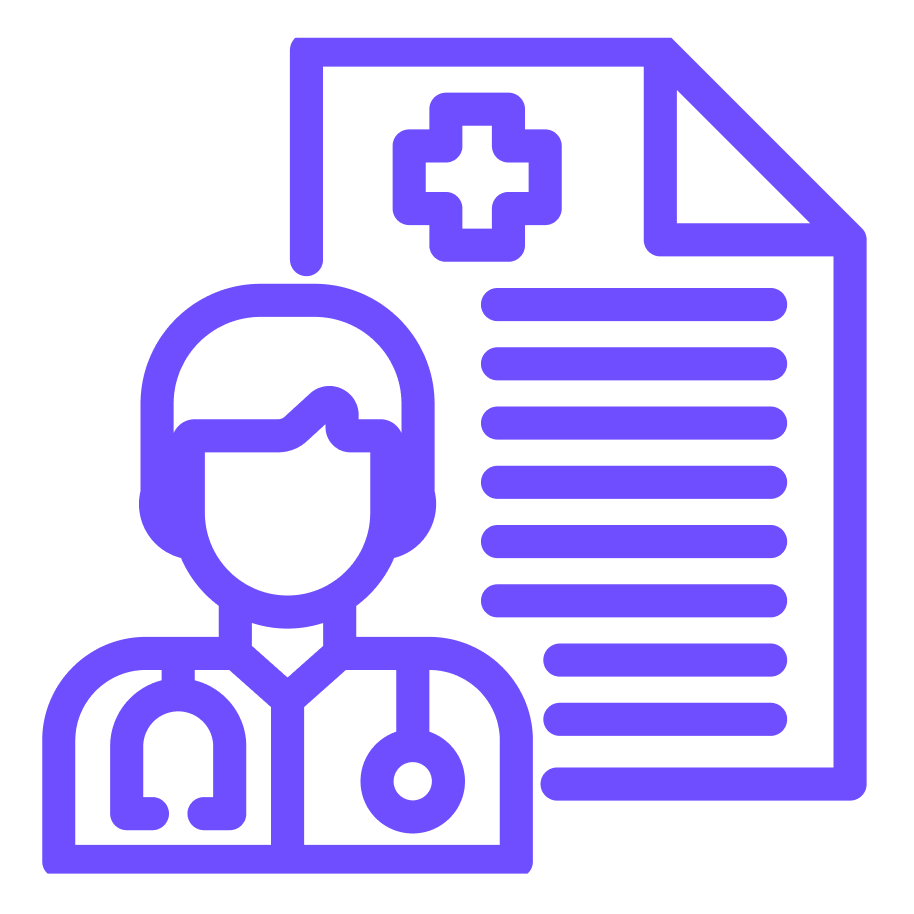
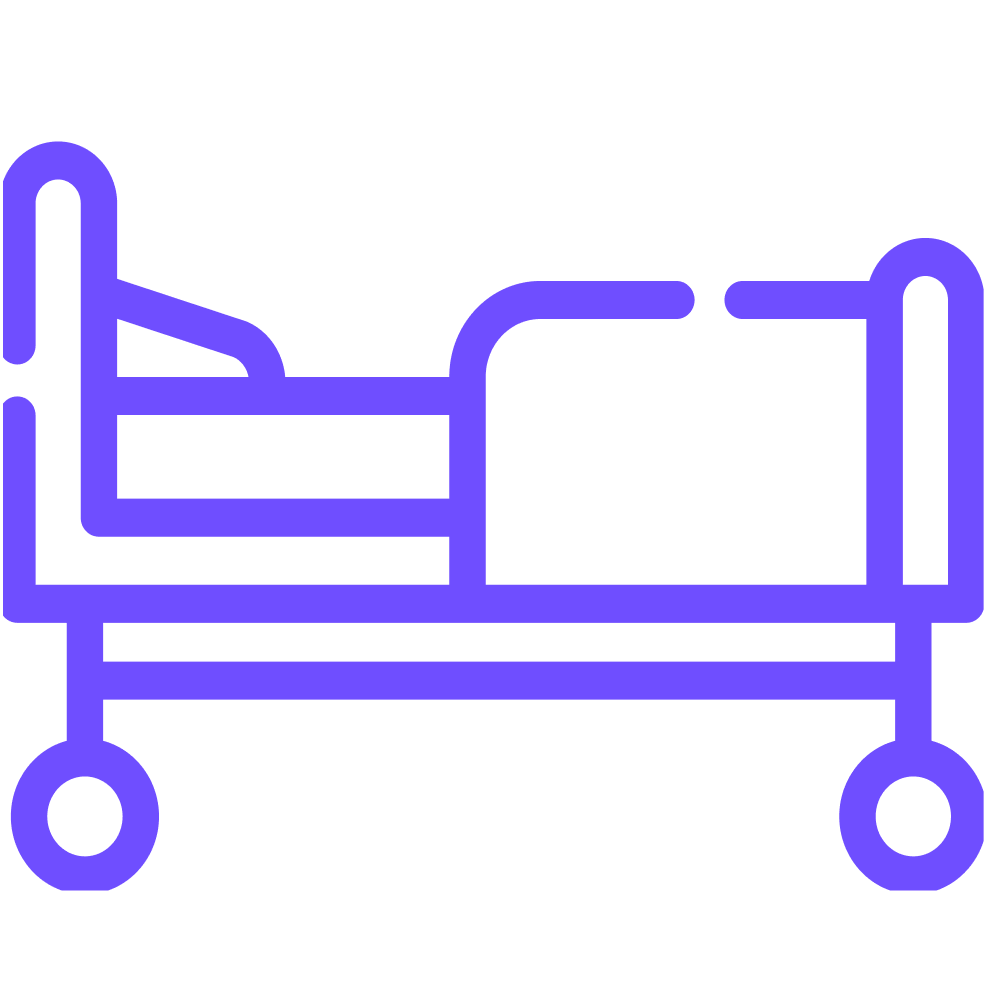
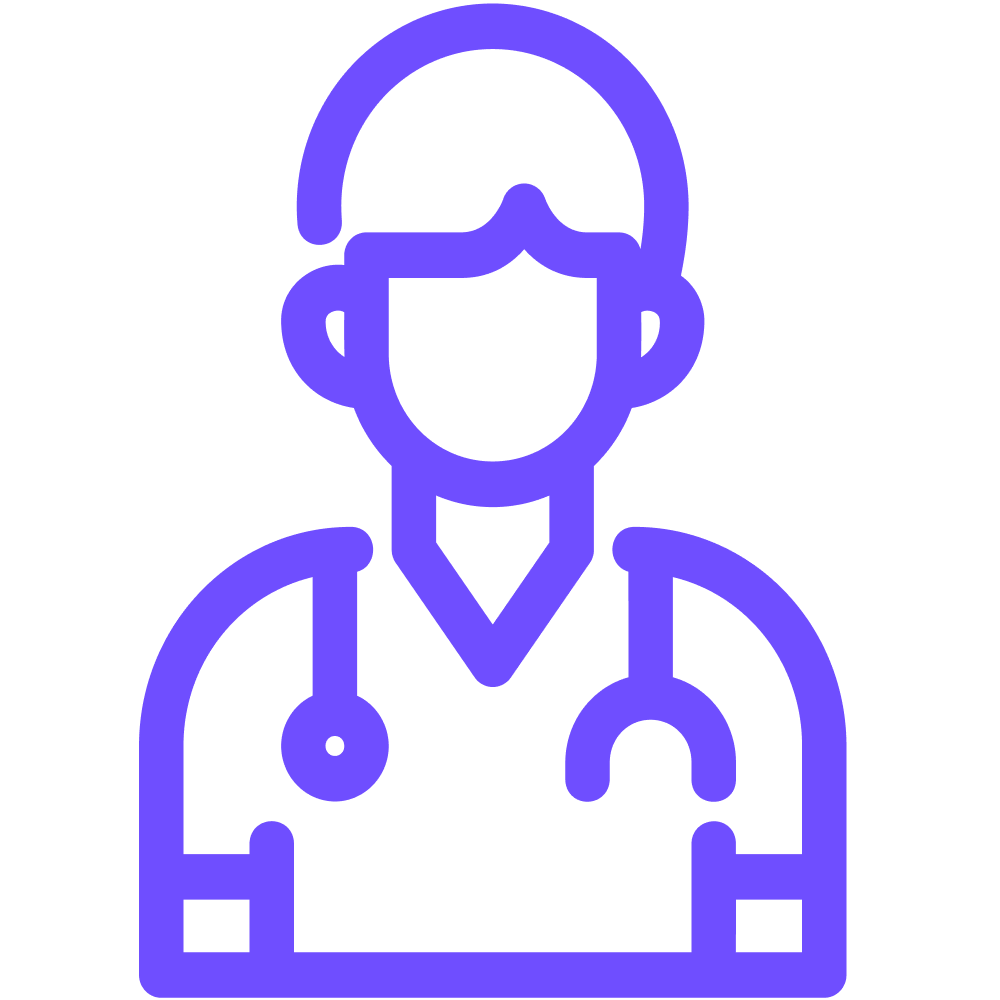


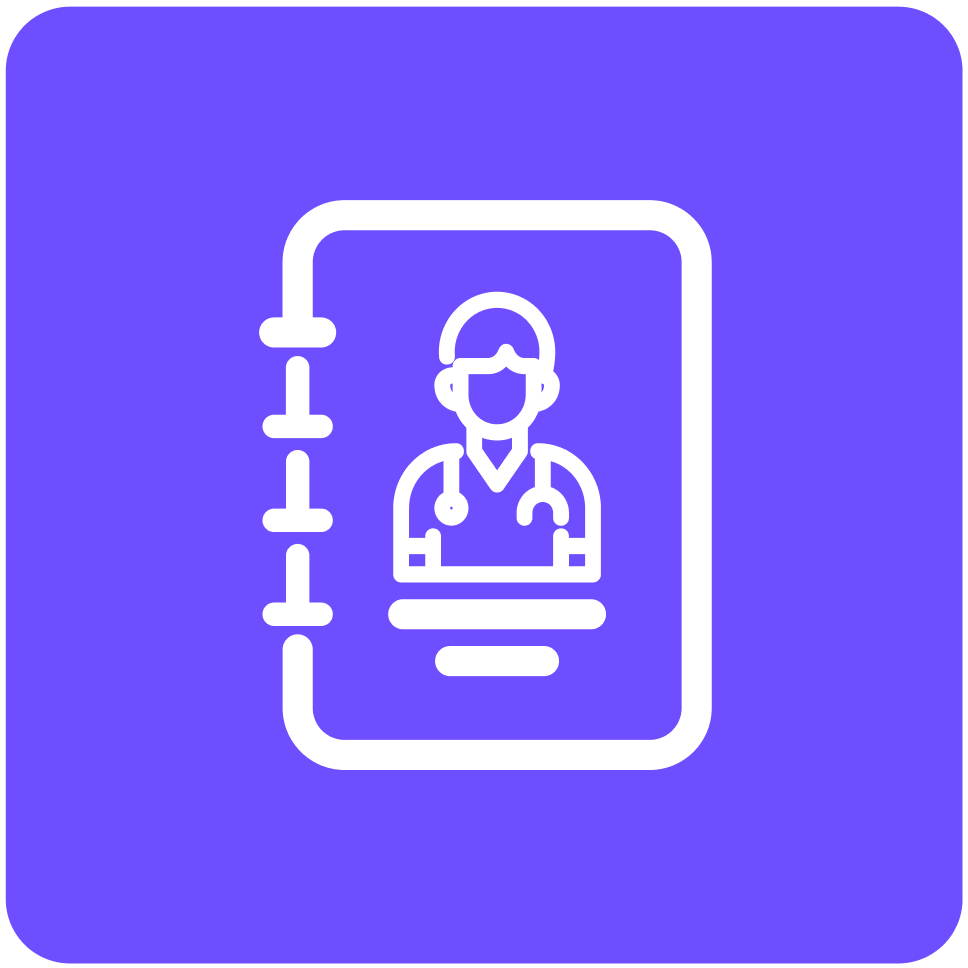
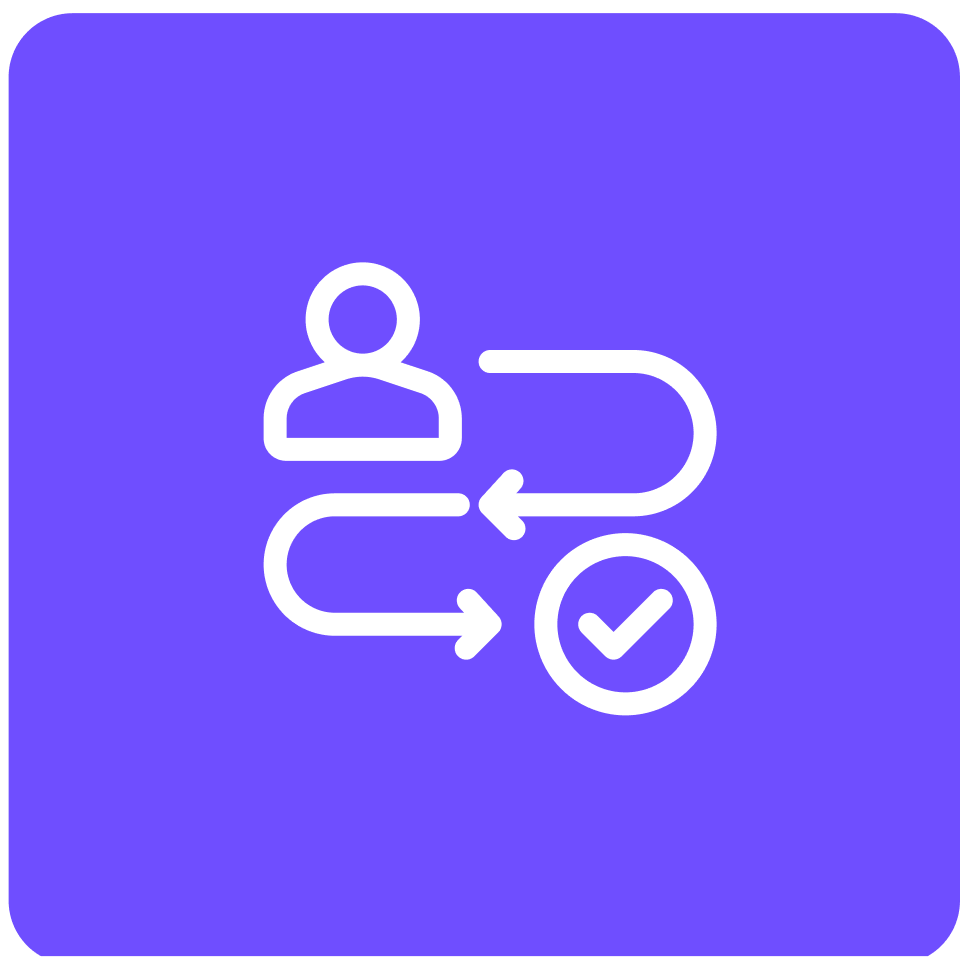



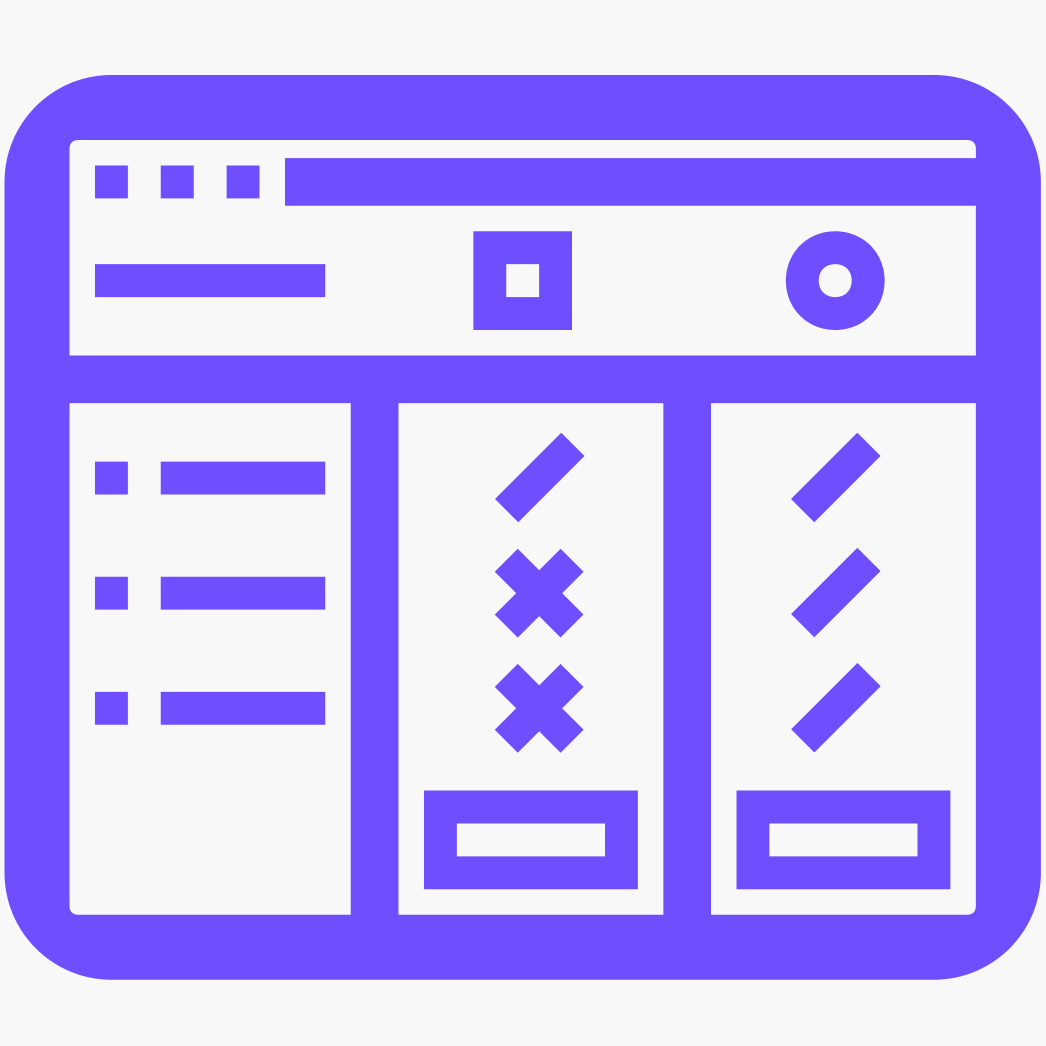
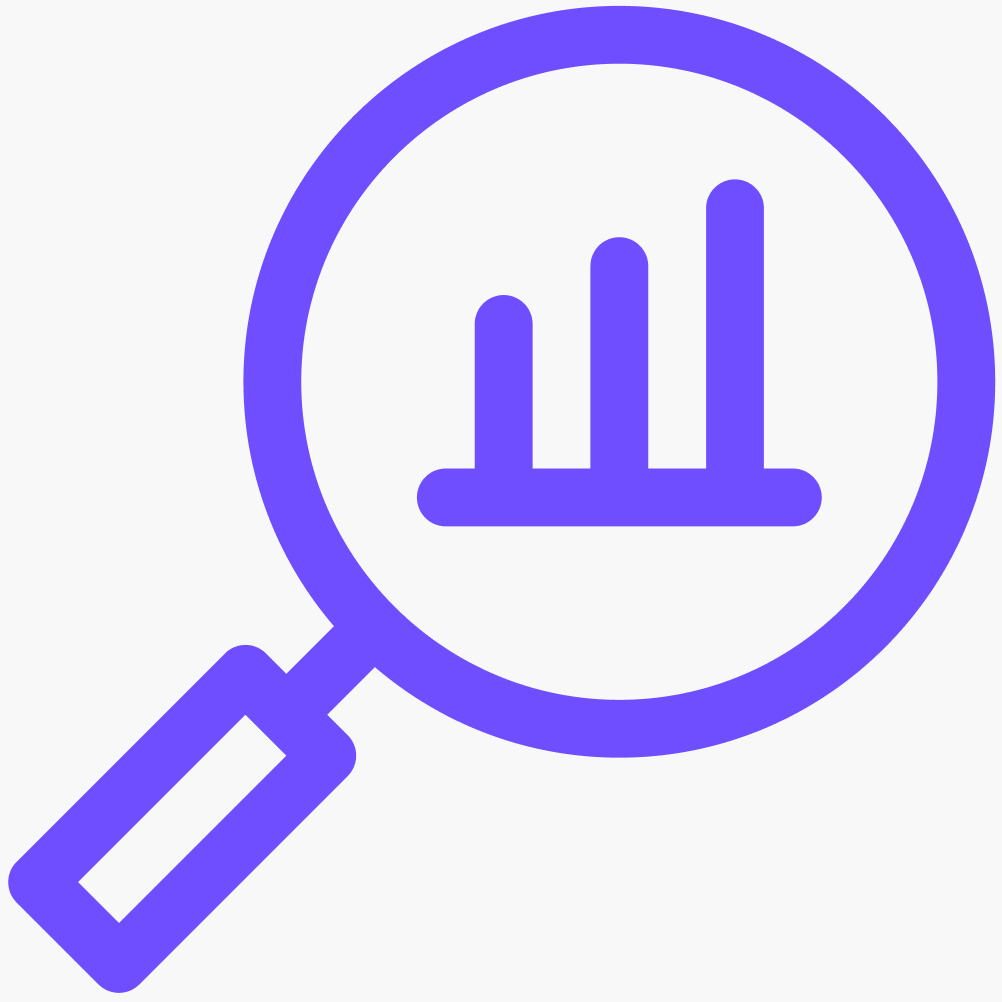
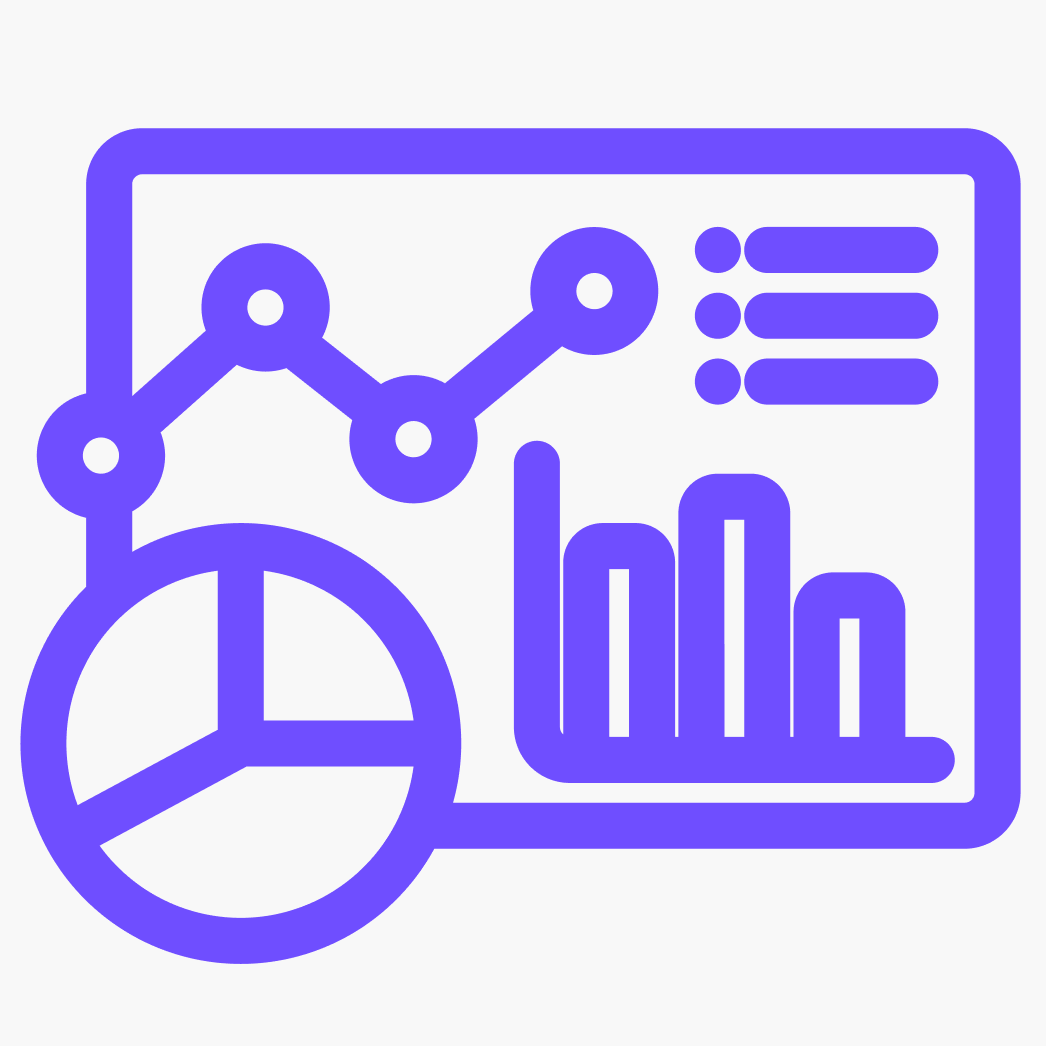

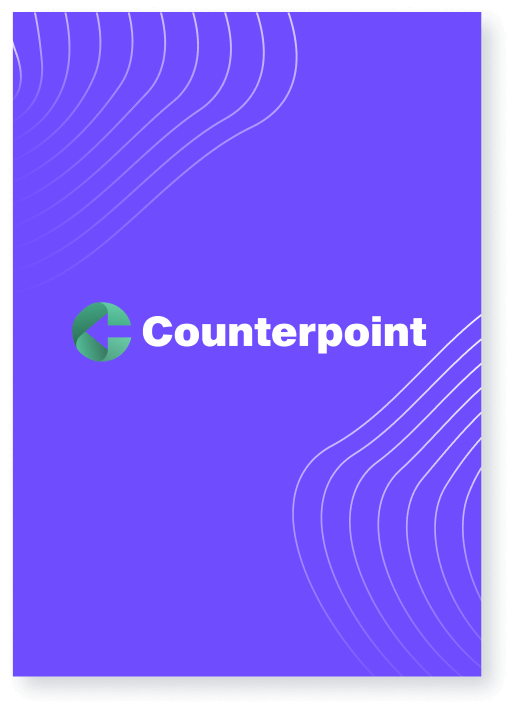
.png)

















.png?width=171&height=239&name=2025%20Trends%20Report%20Nav%20(1).png)
